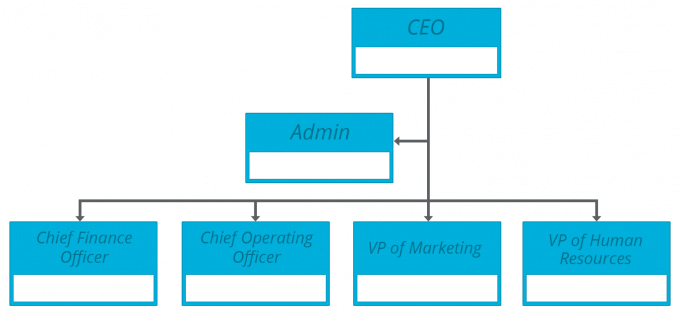Have you ever felt that if you just had a business partner, running your company would be easier?
Small business owners often consider bringing in a business partner exactly at the tipping point where their companies are growing faster than they can manage.
The thought is that it would be easier, faster and less stressful to have someone share in the responsibilities and burdens and bring much-needed expertise that you may not have.
 Partnerships seem like a great idea especially when you are tired of doing everything yourself and worried that you may not be able to grow or even keep the company on your own.
Partnerships seem like a great idea especially when you are tired of doing everything yourself and worried that you may not be able to grow or even keep the company on your own.
The idea of having someone else carry some of the burden or bring in expertise you don’t have is so alluring that business owners are often willing to give their companies away just to get the help.
Careful!
In a perfect world, a partnership would be a like a great marriage.
Each person would be 100% committed to making it work. Ideally, each would be tolerant under pressure, always honest with each other and respectful to the other partner.
In reality, partnerships are hard. Really hard.
Business partnerships deteriorate quickly if the prospective partners do not clearly define (and agree on) their expectations around workload and money before entering the partnership. Shared ownership is one thing; but what each partner contributes each day is a completely different thing.
What to Consider Before Adding a Business Partner
Before heading down the partnership aisle, take the time to create your organization chart. Doing this will help you identify and measure each of the positions in your company.

Make sure you have a list of tasks that each position is responsible for. Write your name on each position that you personally are doing right now.
Stand back and look at the chart and ask yourself: Do you need a partner? Or is it time to hire some really great employees?
If it’s expertise you are after, consider first hiring a consultant or meet with your financial and legal advisors for direction.
Think you are too busy? It’s more time consuming and expensive to get out of a partnership down the road than it is to do the strategic work now required to organize your company for growth.
I’m not saying that all business partnerships are bad.
Strategic partnerships with everything documented and decided including a shared vision, company promise, organization chart, compensation agreement and goals do better than shotgun partnerships created out of desperation.
Here are a few things you can do to set a partnership up for greater success.
- Know what your company is worth and get compensated for its value in the initial partnership agreement.
- Decide who is going to do which jobs, and for what amount of pay.
- Talk about time off, hours to be worked, and how this will be calculated.
- Ensure that you share the same vision including the promise to your customers, values and purpose.
Giving away half your company to lighten the load is an expensive hire. So partner slowly.
Instead, consider whether you could focus on creating systems and structure so that you can delegate and hire the help you need to build a strong company.
Enjoy your entrepreneurial journey,
![]()











